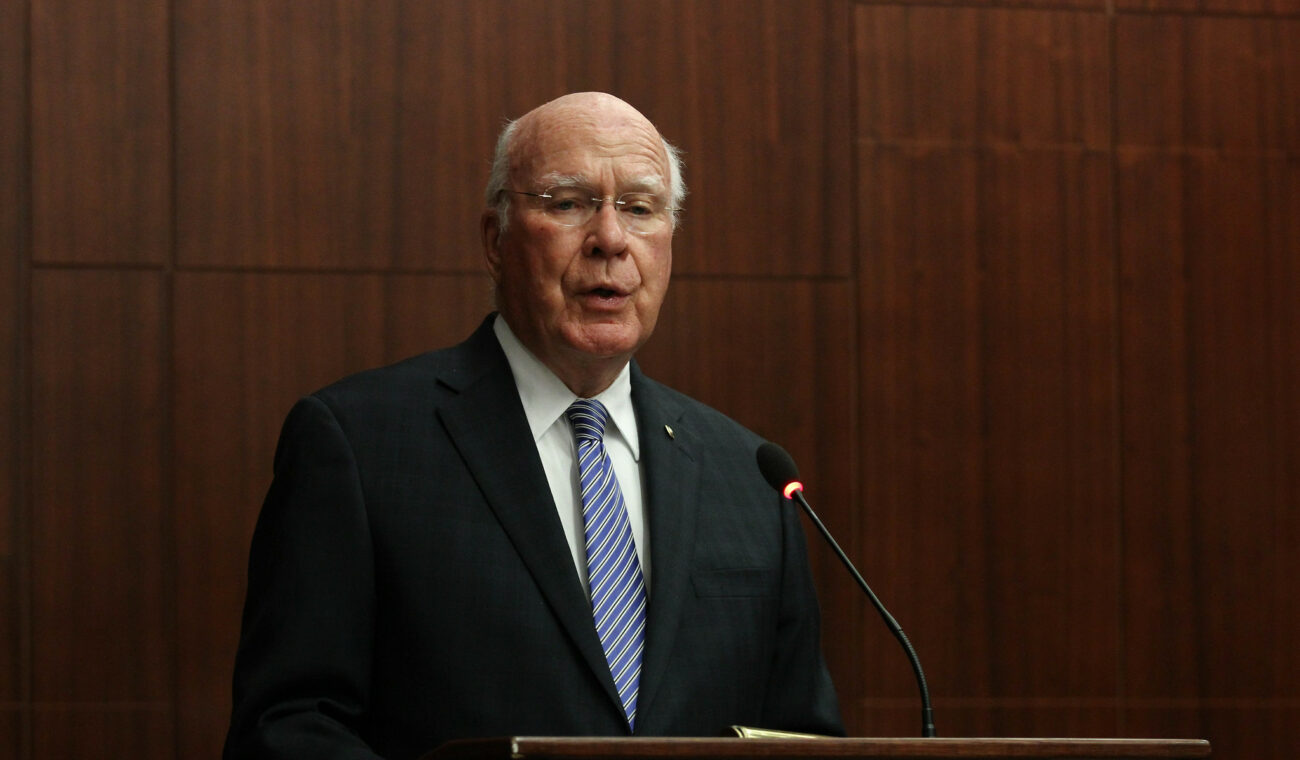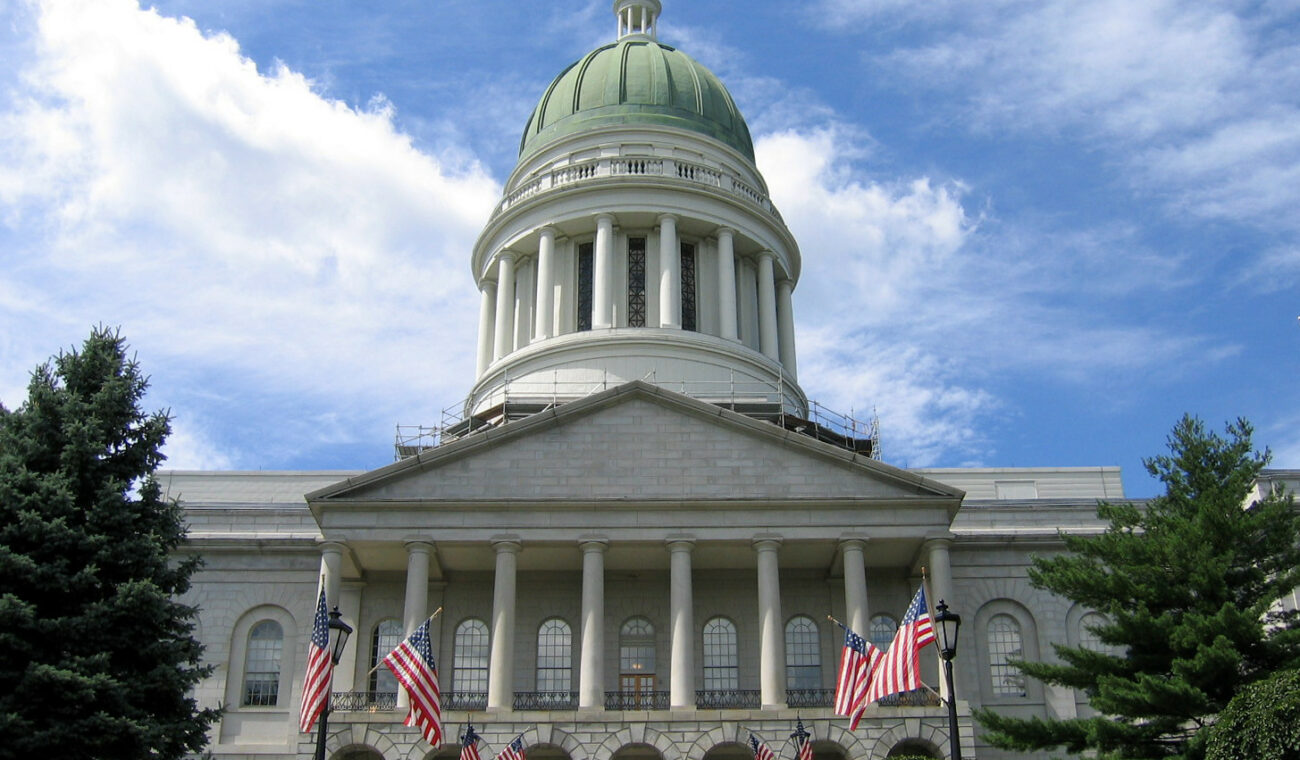Worcester, minority residents settle voting rights lawsuit
The city of Worcestor and a coalition of its Black and Latino Residents have agreed to a settlement over a lawsuit which charged that the city’s method for electing school committee members diluted the Black and Latino vote. Although more than half of Worcestor’s students identify as Black or Latino, every member of the school board is currently white. The suit alleged that the city’s at-large electoral system discriminated against populations of color and violated federal law. Visit Boston.com to learn more. Image Credit: John Phelan (CC
Senate Judiciary squares off over John Lewis voting rights bill
The Senate Judiciary Committee has held a hearing on the John Lewis Voting Rights Advancement Act, which Senator Patrick Leahy (D-VT) has introduced. Assistant Attorney General for Civil Rights Kristen Clarke testified before the committee, urging passage of the bill and reinstatement of the Justice Department’s “preclearance” authority over changes made to election laws at the state and local levels. Senator Charles Grassley (R-IA) expressed skepticism, calling the John Lewis Voting Rights Advancement Act a “disaster.” Though the Senate has engaged in much activity
Massachusetts Senate approves bill to expand voting rights
The Massachusetts State Senate has approved, 36-3, a bill to make permanent certain expansions of voting rights that were first implemented on an emergency-basis during the 2020 elections because of the COVID-19 pandemic. These changes include same-day voter registration as well as increased opportunities for early voting. Critics of the decision argue that the move may tread on aspects of the state’s constitution. The bill is now being reported to the Massachusetts House of Representatives for consideration. Visit WBUR to learn more. Image Credit: Ajay Suresh (CC
DOJ is probing attacks on voting rights, says U.S. attorney general
Attorney General Merrick Garland has warned that the Department of Justice is keeping a serious and comprehensive watch on changes being made to voting laws across the country, particularly in light of the redrawing of electoral maps after the 2020 census and the “unusual round of second examinations” states and counties have made regarding the 2020 presidential election. In response to questions about the limitations placed on his department’s power after the 2013 Supreme Court ruling known as Shelby County v. Holder, the current Attorney
Legislature and governor approve Maine’s new voting districts
Following Oregon, Maine has become the second state in the union to approve its new electoral districts in response to the 2020 Census. Unlike many states, Maine requires that new voting maps be approved by a two-thirds supermajority of both chambers of its legislature, which many analysts say helps protect the state from partisan gerrymandering. The lines were drawn by a bipartisan apportionment committee, and approved by the legislature with little conflict. Maine Senate President Troy Jackson said the agreement was reached, “because we





